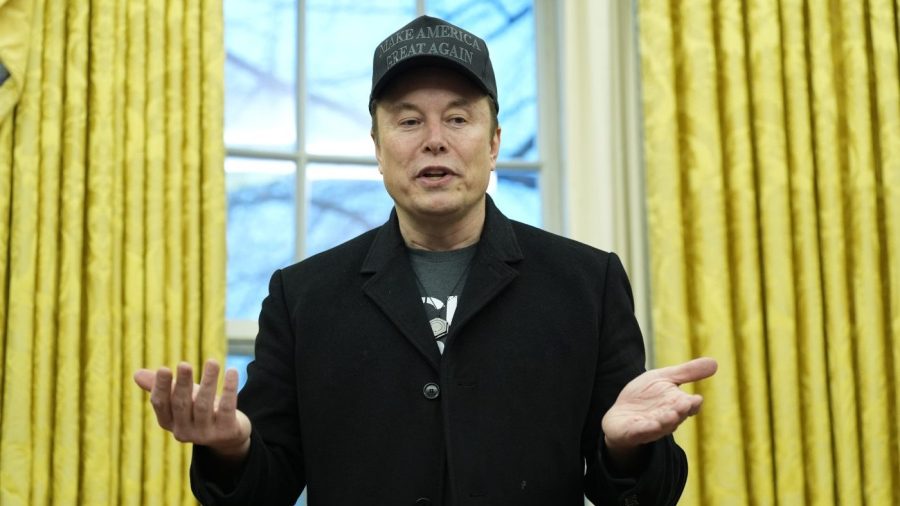Elon Musk’s Political Activities: Controversy and Impact
Elon Musk, the world’s wealthiest person and owner of X (formerly Twitter), has become increasingly involved in political activities, particularly in support of right-wing and far-right candidates and parties. His actions have sparked controversy and raised concerns about the influence of billionaires on politics and social media.
Key Points:
Musk has shifted from supporting both Democrats and Republicans to almost exclusively backing Republicans. He has promoted conspiracy theories and false claims about Democrats, election fraud, and immigration. Musk’s political activities extend beyond the US, including involvement in European elections. His comments and actions have faced criticism from government leaders and business figures.
US Political Involvement
In the 2024 US presidential election, Musk established a political action committee (PAC) supporting Donald Trump’s campaign, becoming the largest donor with over $250 million in contributions. Following Trump’s election, Musk was appointed to co-run a new Department of Government Efficiency (DOGE).
Musk has used his platform X to amplify false claims about the US election. A report by the Center for Countering Digital Hate (CCDH) found that Musk’s false or misleading claims about the US election received 1.2 billion views between January and July 2024. Examples of misinformation spread by Musk include:
1. False narratives about migrants voting illegally
2. Posting fake AI-generated images of political figures
3. Questioning the electoral process in swing states
International Political Activities
Musk’s political influence has extended to Europe, particularly in Germany. He has voiced support for the far-right party Alternative for Germany (AfD) and made controversial statements about Germany’s culture of remembrance. In the UK, Musk has been involved in discussions about potential donations to the right-wing populist party Reform UK. He has also commented on child abuse scandals, making controversial accusations against politicians.
Impact and Criticism
Musk’s political activities have faced significant criticism. European leaders have accused Musk of attempting to influence domestic affairs. Business figures, including Bill Gates, have questioned Musk’s endorsements. Some German companies have ended business relationships with Musk due to his political involvement.
Critics argue that Musk’s control over X, combined with his political activities, gives him unprecedented power to shape public opinion. Steven Levitsky, a political scientist at Harvard University, described it as “a combination of economic, media and political power that I believe has never been seen before in any democracy on Earth.”
Government Role and Potential Conflicts
As co-leader of DOGE, Musk has been tasked with slashing federal spending and reforming government agencies. This role has raised concerns about potential conflicts of interest, given his ownership of X and his business interests. Musk has used X to promote Trump’s positions, attack agencies he’s trying to shut down, and pressure government employees. This has led to criticism that he’s using his platform as both a cudgel and a megaphone for the Republican administration.
Conclusion
Elon Musk’s increasing involvement in politics, combined with his ownership of X and his role in the Trump administration, has created a unique and controversial situation. While supporters argue that his involvement brings fresh perspectives and transparency to government, critics worry about the concentration of power and the spread of misinformation.
As these developments continue to unfold, it’s crucial for citizens to stay informed, critically evaluate information sources, and consider the broader implications of billionaire influence on politics and media.









